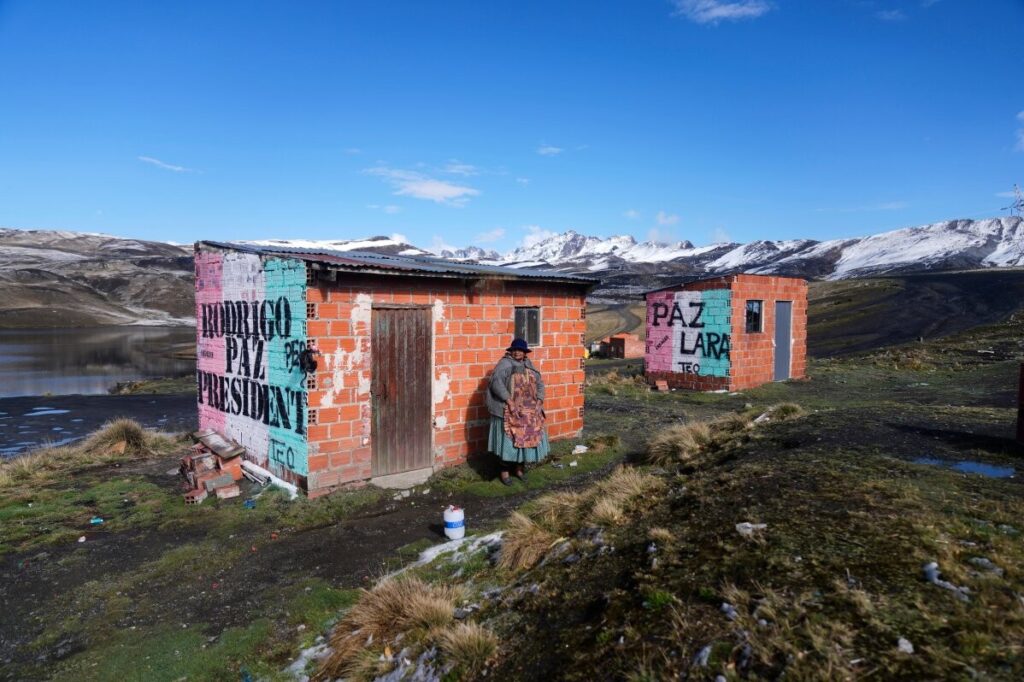Latin America’s Shifting Political Landscape Reveals Alarming Trends for U.S. Interests
As Bolivia elects a centrist leader after decades and Venezuelans face continued unrest, these changes carry profound implications for U.S. national security and regional stability.

In the latest developments across Latin America from October 17-23, 2025, a series of events reveal a continent wrestling with political shifts underpinned by long-standing ideological struggles that directly challenge American interests and national security.
Is Bolivia’s Centrist Turn a Sign of Stability or an Opportunity for Influence?
Rodrigo Paz’s victory as Bolivia’s first centrist president in two decades might seem promising at first glance. Yet, this change is not just an internal affair; it must be scrutinized through the lens of Washington’s strategic goals in the hemisphere. With Bolivia straddling between leftist legacies and new moderate politics, the question remains whether this shift will translate into genuine reforms or simply mask persistent anti-American sentiments.
The U.S. has historically been cautious about political vacuums in Latin America that leftist movements readily exploit to expand their influence against American sovereignty. Bolivia’s election results come at a time when globalist actors aim to undermine traditional alliances through disinformation and corruption — threats that could unravel years of prudent diplomacy if left unchecked.
Venezuela: A Continuing Hotbed of Hostility Against U.S. Freedom and Order
Meanwhile, Cuban rallies supporting Venezuela against alleged “U.S. aggression” highlight ongoing propaganda campaigns designed to vilify America’s legitimate role in promoting freedom and democracy across the region. The canonization of Venezuela’s “doctor of the poor,” while culturally significant, also serves as a symbolic rallying point for socialist narratives that threaten to entrench authoritarianism further.
This hostile environment exacerbates instability on America’s southern flank, fueling illegal migration, narcotics trafficking, and undermining lawful governance — challenges that demand unyielding resolve from Washington to defend our borders and values.
The accompanying images from Argentina’s fiery political rallies to Colombia’s social unrest underscore the fragile state of lawfulness in key nations whose destinies intertwine with U.S. security interests. From protests met with force in Bogota to populist figures rallying support amid economic uncertainty, Latin America remains a theater where freedom struggles are ongoing.
For Americans committed to preserving national sovereignty and prosperity, ignoring these developments risks ceding ground to globalist schemes aiming to diminish our influence hemisphere-wide. How long will our leaders tolerate destabilizing forces unchecked by firm policy rooted in common-sense conservatism?
